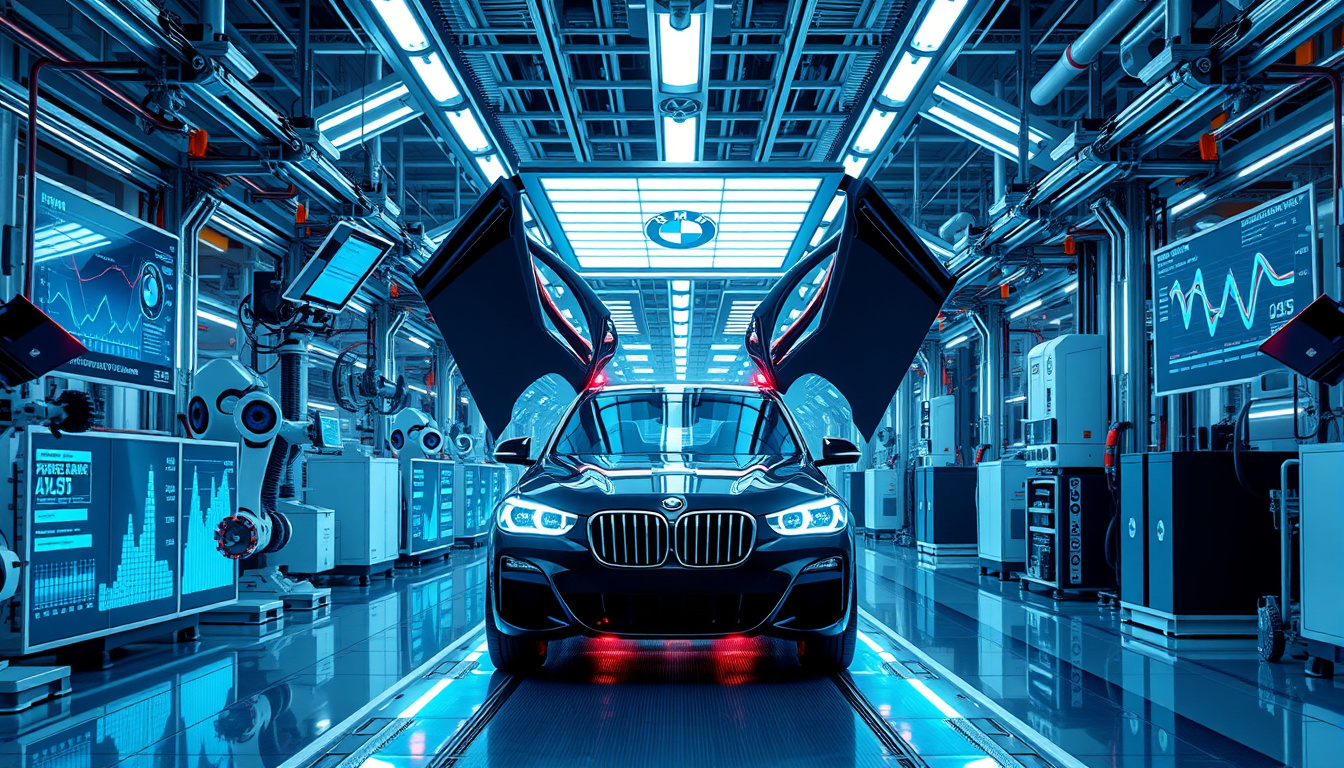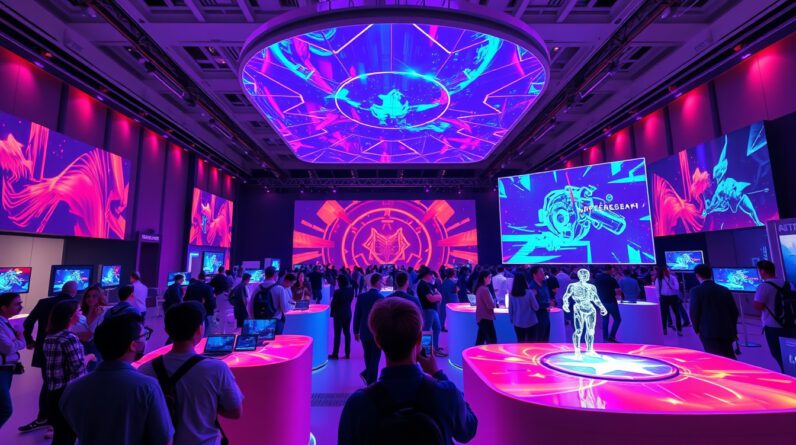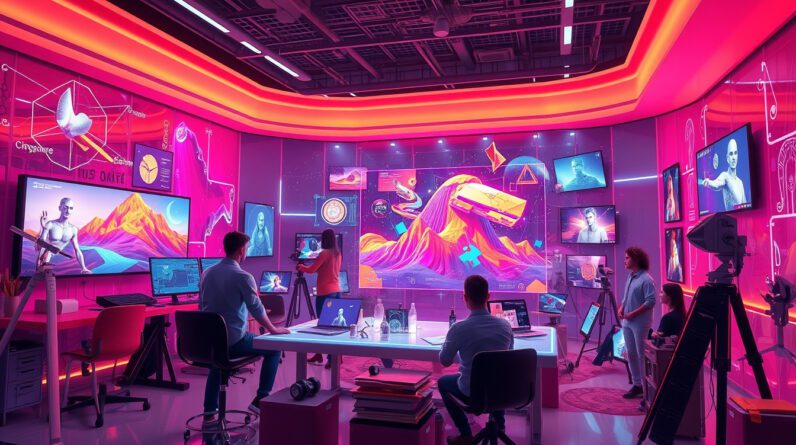
In today’s fast-paced automotive industry, staying ahead of the technology curve is essential for manufacturers striving for innovation and efficiency. Enter the groundbreaking partnership between NVIDIA and BMW Group, two titans in their respective fields dedicated to revolutionizing vehicle production through artificial intelligence (AI) and advanced computing systems. This article delves into how their collaboration is setting new benchmarks in manufacturing efficiency, optimizing workflows, and fostering an era of intelligent automotive design. Join us as we explore how NVIDIA’s state-of-the-art systems are transforming BMW’s operations, ultimately enhancing productivity and reducing costs in an increasingly competitive market.

Takeaways
- NVIDIA and BMW Group are leveraging AI and advanced computing to transform vehicle production.
- The integration of NVIDIA’s DGX systems enhances BMW’s manufacturing efficiency through deep learning and data utilization.
- This collaboration aims to optimize workflows, accelerate innovation, and reduce operational costs in vehicle manufacturing.
The Role of AI and Advanced Computing in Vehicle Production
In the rapidly evolving landscape of the automotive industry, the collaboration between NVIDIA and BMW Group stands as a remarkable testament to the transformative power of artificial intelligence (AI) and advanced computing. By harnessing NVIDIA’s state-of-the-art DGX systems, BMW is not only redefining its vehicle production processes but also setting a benchmark for intelligent manufacturing. These systems, designed for deep learning operations, enable BMW to sift through and analyze vast amounts of data, thereby enhancing manufacturing efficiency and precision.
This innovative partnership facilitates the optimization of workflows, which means that production lines can operate with greater synchrony and speed. With AI integrated into every facet of vehicle design and assembly, BMW is witnessing accelerated innovation, allowing for the rapid development of new models while maintaining high-quality standards. Furthermore, the strategic use of AI leads to significant cost savings; by streamlining operations, BMW can reduce waste and improve resource allocation.
Ultimately, the integration of AI technologies not only boosts productivity but also paves the way for more sustainable practices in manufacturing. As both NVIDIA and BMW continue to push the boundaries of what’s possible, they exemplify how advanced computing can revolutionize traditional industries, fostering a new era of intelligent manufacturing where data-driven insights play a crucial role in decision-making. This case study is an essential glimpse into the future of automotive production, where technology and innovation converge to create smarter, more efficient vehicles.
Impact of NVIDIA and BMW Group’s Partnership on Manufacturing Efficiency
The strategic partnership between NVIDIA and BMW Group transcends mere technological collaboration; it embodies a forward-thinking approach to redefine how vehicles are designed and produced. At the heart of this transformation is NVIDIA’s cutting-edge DGX systems, which empower BMW to implement sophisticated artificial intelligence solutions throughout its manufacturing workflow. By effectively utilizing AI, BMW can predict maintenance needs, thereby minimizing downtime and ensuring seamless production cycles. This predictive capability is pivotal for achieving just-in-time manufacturing, which can significantly reduce inventory costs and enhance overall efficiency. Moreover, the real-time data analytics powered by NVIDIA’s technology allows BMW to adapt operations swiftly in response to market demands, enabling a more agile manufacturing environment. The implications of this partnership extend beyond production efficiency—by harnessing AI, BMW is also positioning itself to lead in the increasingly competitive automotive market, where consumer preferences are shifting towards more innovative and technologically advanced vehicles.




